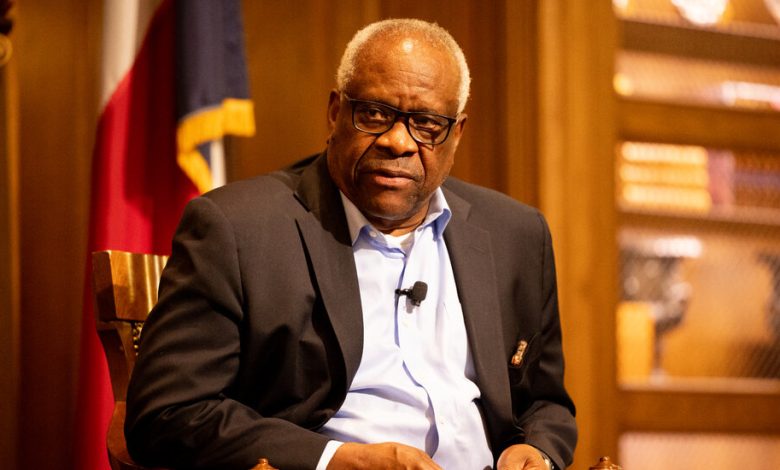Clarence Thomas Raised Another Issue: Was Jack Smith Legally Appointed?

Most of the Supreme Court’s decision on Monday about executive immunity was focused like a laser on former President Donald J. Trump’s indictment on charges of plotting to subvert the 2020 election.
But a small part was also relevant to the other federal case that Mr. Trump is facing — the one in Florida in which he stands accused of illegally holding on to a highly sensitive trove of classified documents after he left office and then obstructing efforts to retrieve them.
In a brief concurrence to the immunity opinion, Justice Clarence Thomas said he was joining the majority’s position that Mr. Trump enjoyed a substantial amount of protection from criminal prosecution. But he advanced his own reason for making that decision: He suggested that the special counsel, Jack Smith, who is handling the two federal matters against Mr. Trump, was given his job without a legal basis.
That same question is currently being considered by Judge Aileen M. Cannon, who is presiding over the classified documents case in Federal District Court in Fort Pierce, Fla. Not much more than a week ago, Judge Cannon held two days of unusual hearings in Fort Pierce specifically to discuss the issue of whether Mr. Smith had been properly funded and appointed as special counsel.
Justice Thomas never explicitly mentioned Judge Cannon or the documents case in his nine-page concurrence. But he did recommend that “lower courts” look into the “essential questions concerning the special counsel’s appointment” — which is exactly what happened at the hearings in Fort Pierce.
The justice also declared that there should be consequences if Mr. Smith was indeed appointed without a legal basis.